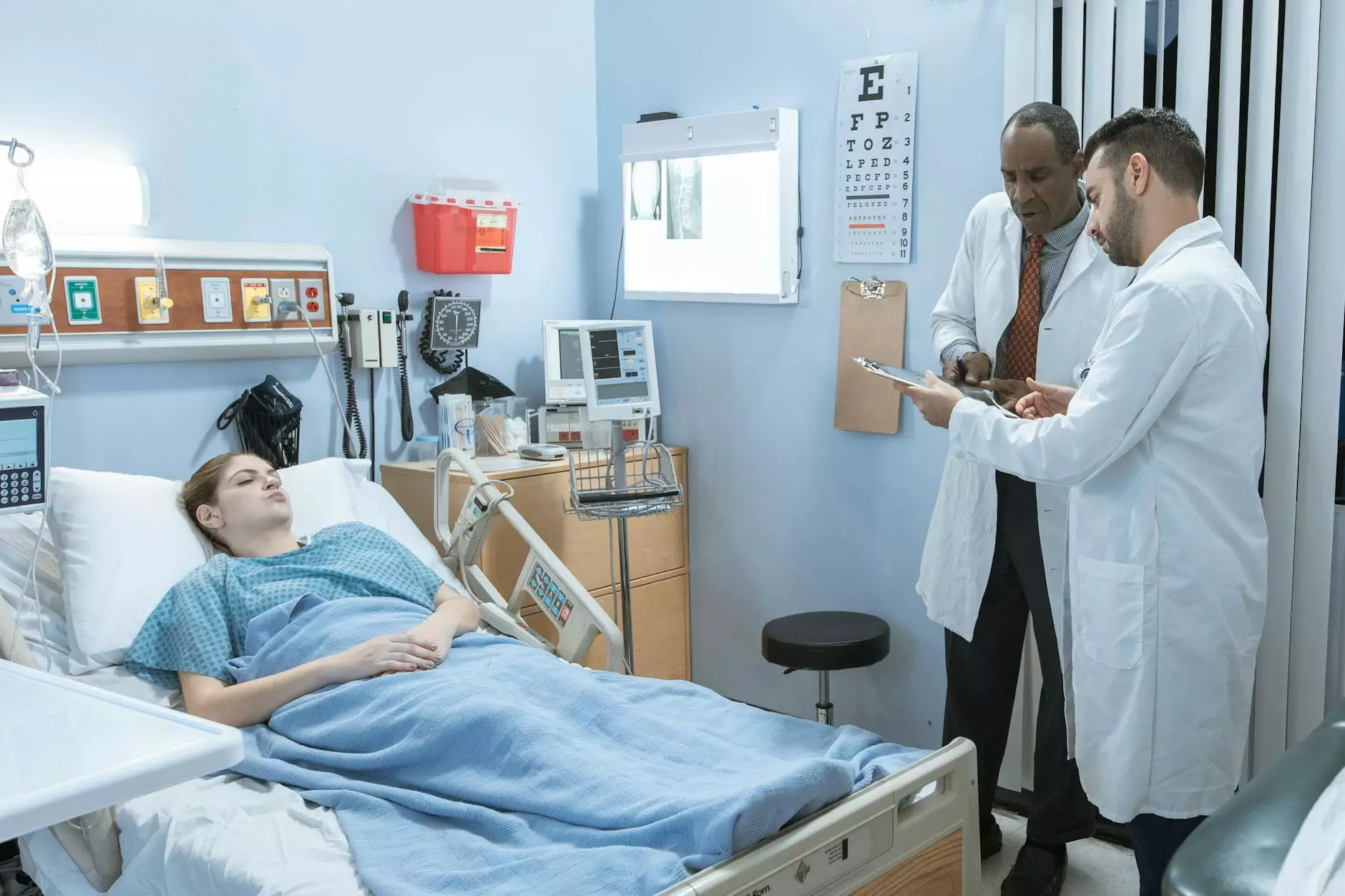The Risks of Total Hysterectomy

When it comes to women's health, certain conditions may require medical intervention. Total hysterectomy is a surgical procedure often performed by skilled Obstetricians & Gynecologists to address various gynecological issues. While this procedure can be beneficial in certain cases, it's crucial to understand and evaluate the potential risks involved.
Understanding Total Hysterectomy
Total hysterectomy is a surgical procedure that involves the complete removal of a woman's uterus, including the cervix. In some cases, the fallopian tubes and ovaries may also be removed, resulting in a total hysterectomy with bilateral salpingo-oophorectomy (BSO).
This procedure is usually recommended for conditions such as uterine fibroids, endometriosis, uterine prolapse, adenomyosis, or certain types of gynecologic cancers. By removing the affected organs, total hysterectomy aims to alleviate symptoms and improve quality of life.
The Potential Risks
Like any surgical procedure, total hysterectomy carries certain risks. It is essential to have a thorough understanding of these potential risks to make an informed decision. Your healthcare provider will discuss these risks with you before proceeding with the surgery. Listed below are some of the common risks associated with total hysterectomy:
- Bleeding: Excessive bleeding during or after surgery is a potential risk. Skilled surgeons take necessary precautions to minimize blood loss, but it's important to understand that some bleeding is normal.
- Infection: Infections can occur as with any surgical procedure. Your healthcare team will take preventive measures, such as administering antibiotics, to reduce this risk. Following post-surgical care instructions diligently can help prevent infections.
- Adverse Reaction to Anesthesia: Anesthesia is used during hysterectomy surgery to ensure your comfort and safety. While adverse reactions are rare, it's essential to inform your surgical team about any previous anesthesia complications.
- Damage to Surrounding Organs: Although rare, there is a small risk of damage to nearby organs during the procedure, such as the bladder or intestines. Skilled surgeons take utmost care to minimize this risk and ensure the best possible outcome.
- Altered Hormone Levels: In cases where the ovaries are removed during total hysterectomy, a woman may experience early menopause due to the sudden decline in hormone levels. Hormone replacement therapy may be suggested to manage associated symptoms.
- Impact on Sexual Function: Total hysterectomy may have an impact on sexual function for some women. It's important to have open discussions with your healthcare provider to address any concerns and explore potential solutions.
- Emotional and Psychological Effects: Undergoing any surgical procedure can have emotional and psychological effects. It is essential to have a supportive network and engage in self-care during the recovery process to manage these potential effects.
- Long-Term Health Considerations: Total hysterectomy may have long-term impacts on overall health. It's crucial to discuss the potential effects with your healthcare provider and establish a personalized plan for ongoing care and monitoring.
Minimizing Risks and Maximizing Benefits
While total hysterectomy carries potential risks, it is important to note that it can provide significant relief for individuals suffering from debilitating gynecological conditions. To minimize risks and maximize benefits, here are a few important considerations:
- Educate Yourself: Take the time to thoroughly research and understand your condition and the recommended treatment options. This will empower you to have informed conversations and ask questions during consultations with your healthcare provider.
- Choose an Experienced Surgeon: Selecting a skilled and experienced Obstetrician & Gynecologist is crucial for the success of your total hysterectomy. Research providers, read reviews, and seek recommendations to ensure you are entrusting your healthcare to a proficient professional.
- Discuss Alternatives: In some cases, alternative treatment options may be available that could alleviate your symptoms without the need for a total hysterectomy. Engage in open discussions with your healthcare provider to explore all possibilities.
- Weigh the Pros and Cons: Consider the potential benefits and risks, as well as your personal circumstances, when making a decision. Your healthcare provider can guide you through this process, helping you understand the potential outcomes based on your unique situation.
- Post-Surgical Care: Follow your healthcare provider's instructions diligently to minimize the risk of complications. Attend all recommended follow-up appointments and communicate any concerns or questions you may have with your medical team.
Your Health Comes First
Ultimately, the decision to undergo a total hysterectomy is a deeply personal one. By educating yourself, understanding potential risks, and collaborating with a skilled Obstetrician & Gynecologist from DrSeckin.com, you can make an informed decision about your healthcare.
This article is intended to provide informative insights into the potential risks associated with total hysterectomy. Remember, each individual's circumstances are unique, and it is essential to consult with your healthcare provider to determine the most suitable treatment plan for your specific needs.
risks of total hysterectomy








